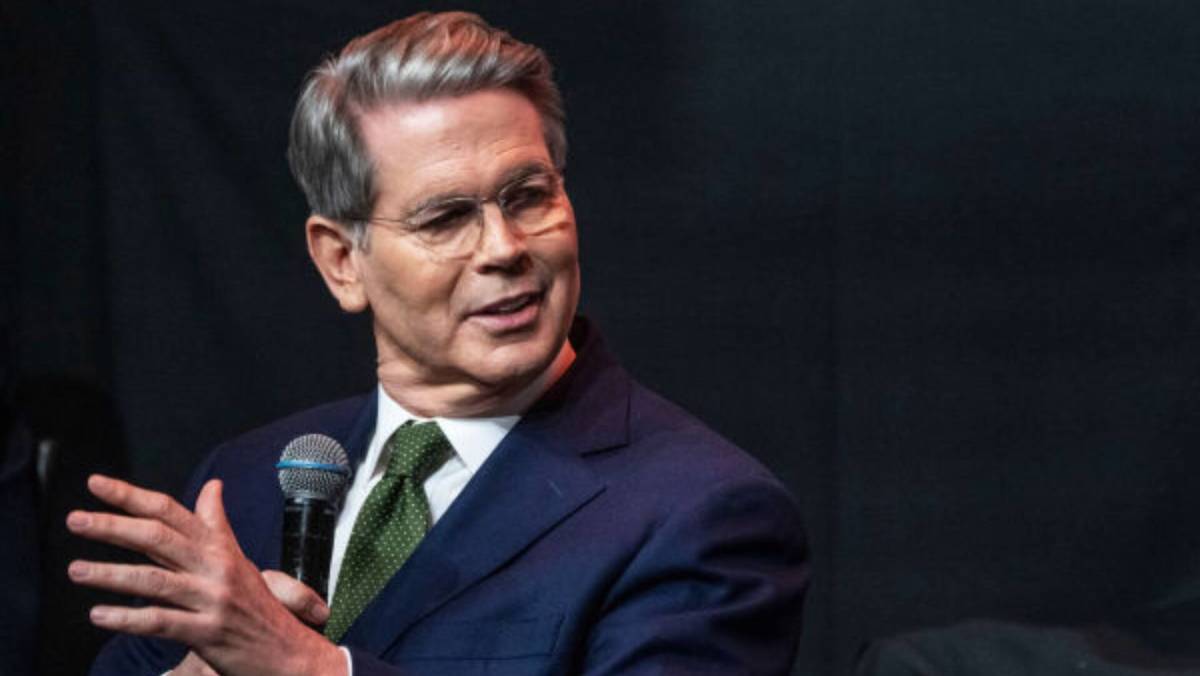Nvidia was blindsided earlier this year when the US government enacted tougher restrictions on selling artificial intelligence chips to China.
The restriction prevented Nvidia from selling its H20 chip within the Middle Kingdom, forcing CEO Jensen Huang to take a shockingly large $4.5 billion write-off for unsold chip inventory in the fiscal first quarter.
Nvidia wasn’t the only one impacted. AMD, Nvidia’s closest competition for graphic processors used to train and operate AI chatbots and agents, was forced to stop selling its Instinct MI308 AI chip in China, costing it $800 million in Q2.
Unsurprisingly, CEO Huang has been vocal in pleading the case for encouraging the adoption of US tech in AI globally to prevent China from gaining a greater foothold.
Those efforts weren’t in vain, given that Huang’s argument helped Nvidia and AMD ink a new deal with the US government in August to resume exports, but that deal, which requires stiff payments to the US, has raised concerns over “pay to play,” with some more bluntly calling it a “shakedown.”
The backlash has put US officials, including Treasury Secretary Scott Bessent, a former hedge fund manager, on the defensive, causing them to push back against criticism.
Nvidia-AMD China deal ‘really weird’
The US government’s rescission of Nvidia (NVDA) and AMD’s (AMD) export licenses was justified by concerns that providing next-gen AI chips to companies there could be a threat to national security if systems running on them ever targeted America.
Despite those concerns, the US reversed course this month after negotiations with Nvidia and AMD provided a framework for the companies to pay money to the US government based on China’s chip sales.
Specifically, Nvidia and AMD agreed to fork over 15% of their China sales to the US government in exchange for the ability to market their chips there again.
In a CNBC interview on Aug. 13, Ray Wang, the founder and chairman of Constellation Research, called the surprising deal “bizarre” and “really weird.”
Others have gone further.
“The willingness displayed in this arrangement to ‘negotiate’ away America’s competitive edge that is key to our national security in exchange for what is, in effect, a commission on a sale of AI-enabling technology to our main global competitor, is cause for serious alarm,” wrote six Democratic Senators, including Chuck Schumer and Elizabeth Warren, in a letter to President Trump on Aug 15.

Image source: Bloomberg/Getty Images
Bessent pushes back on Nvidia-China deal chatter
While the deal may not pass the sniff test with some, the White House believes agreements like this could provide much-needed money for America’s coffers.
“I said, ‘listen, I want 20% if I’m going to approve this for you, for the country,” said President Trump in a press conference after the deal with Nvidia and AMD was made public.
Trump says Nvidia eventually convinced him to lower it to 15%, and that he wasn’t concerned about the national security aspect as much because it is an “old chip” and “obsolete.”
The H20 is based on Nvidia’s Hopper architecture rather than its current Blackwell. It is essentially a throttled-down version of the H100 and H200 chips preceding Blackwell and was launched in early 2024 as a successor to Nvidia’s A100 chip.
More Nvidia:
- Nvidia earnings face high bar on data-center demand, China deal
- Nvidia quietly buys more stock in AI infrastructure favorite
- Soros supercharges Nvidia stake, loads up on AI plays
In an interview with CNBC, Secretary Bessent doubled down on the fact that the deal only covers H20, which is less of a security threat than Blackwell chips.
“H20s are pretty far down the Nvidia stack. It’s not a national security risk,” said Bessent. “The last thing we want is Huawei belt and road where Huawei is selling chips to the rest of the world and the US is excluded.”
Bessent said that he and those in the industry want US technology to be the global standard.
That doesn’t apply, however, to the latest technology – at least not yet. Bessent said that any next-gen chips built on the Blackwell architecture would require another export license.
How we got here: AI gold rush makes GPUs hot commodities
The sheer size of activity in AI is staggering, and there’s a lot of money at stake. According to Grand View Research, the total AI ecosystem will enjoy 35.9% compound annual growth through 2030, reaching $1.8 trillion.
Related: Top tech stock analyst revamps AI ‘buy’ list
Seemingly every industry is exploring potential use cases, including:
- Manufacturing: Quality control and supply chain efficiency
- Retail: Just-in-time inventory, anti-theft, and marketing
- Financials: Money management and loan evaluation
- Healthcare: Drug development, patient outcomes
The rush of activity is requiring tremendous computing power, and that’s taxed legacy server networks heavily reliant on central processing units, or CPUs, less suited to handling AI workloads.
As a result, enterprises and cloud network providers, including hyperscalers Amazon, Microsoft, and Google, are plowing hundreds of billions of dollars into servers run on GPUs and software from Nvidia, primarily, that can do the work efficiently.
For perspective, Amazon’s capital expenditures, or Capex, totaled $32.2 billion and Alphabet’s totaled $22.4 billion in the second quarter, up from $17.6 billlion and $13.2 billion, respectively, in the same quarter last year.
Much of those dollars have flowed to Nvidia for its AI chips. In Q2, Nvidia’s sales rose 69% to $44.1 billion.
Here is Nvidia’s revenue over the past three years:
- 2025 $130.5 billion.
- 2024 $60.9 billion
- 2023: $27 billion
Most sales have been from US AI activity, but China has contributed to demand. Nvidia estimated that restrictions on the H20 cost it $8 billion in the second quarter alone.
The company is scheduled to report its fiscal Q2 results on August 27.
Todd Campbell owns Nvidia shares.
??Don’t miss the move: Subscribe to TheStreet’s free daily newsletter ??
#Nvidias #China #deal #controversy #puts #officials #feet